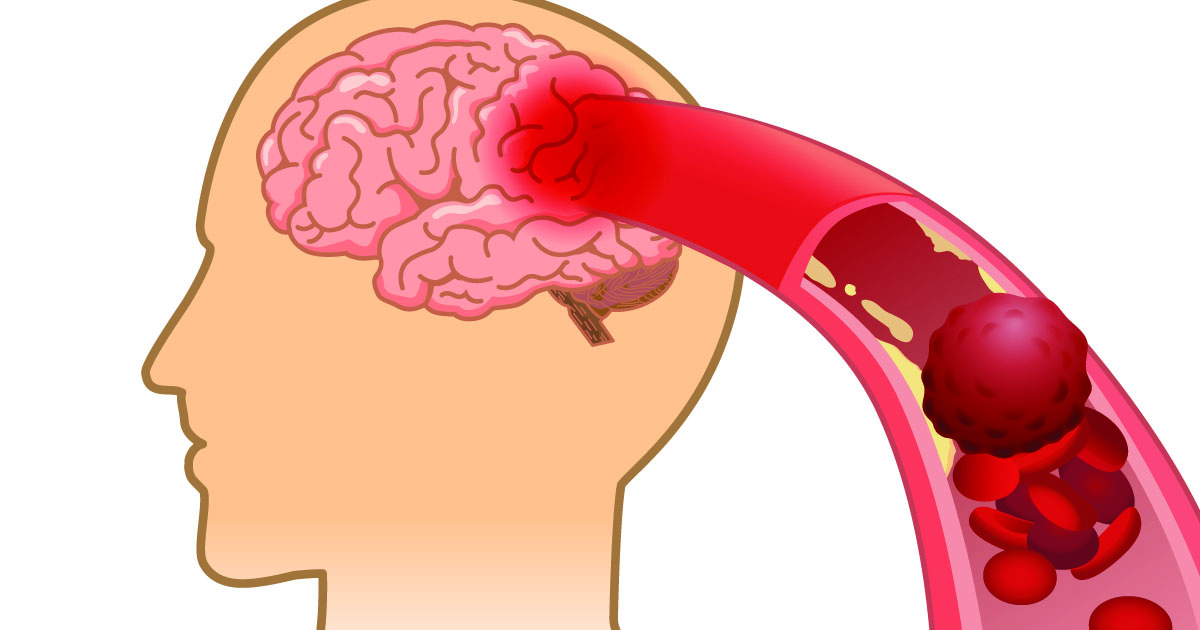Potassium plays a vital role in maintaining the health of every cell in the human body, especially those in the heart muscle tissue.
1. Constipation
A potassium deficiency can significantly impact various body systems, including the digestive system, leading to stomach swelling and cramps. However, keep in mind that gastrointestinal issues can have other causes as well.
2. Weak muscles
Weak muscles, muscle cramps, and pain can indicate the body’s need for more potassium, as highlighted by Women’s Health Magazine.
3. Heart palpitations
A lack of potassium can affect the heart, resulting in heart palpitations and irregular heartbeats. Maintaining adequate potassium levels is crucial for a healthy heart and to prevent heart-related issues.

4. Fatigue
Feeling fatigued even after sufficient rest could be a sign of potassium deficiency, stated by Mayo Clinic. Ensure your body has ample potassium to maintain energy levels.
5. Numbness and tingling
Insufficient potassium levels may lead to sensations like prickling, tingling, or numbness due to its vital role in maintaining a healthy nervous system.
6. High blood pressure
Low potassium levels can cause blood vessels to constrict, resulting in elevated blood pressure. This can sometimes lead to headaches and other health issues.
How to avoid a potassium deficiency:
- Bananas
- Dairy products like milk or yogurt
- Root vegetables and nuts
- Mushrooms
- White beans and soybeans
- Avocados

Want to ensure your friends are getting enough potassium and know how to get more of this important nutrient?
Please share this valuable information with your friends on Facebook!




